
Yeast Infections from Lube? Here’s How to Prevent them
People have always had a concern about yeast infection during intimacy, and that’s why it becomes necessary to choose the best lube to prevent yeast infection. Let’s explore the truths and myths about yeast infection and try to find out the best way to avoid this concern. A pro tip is that you should always use glycerin and petroleum-free lubricants that are pH balanced and backed by medical studies for vaginal health.
What Is a Yeast Infection?
A vaginal yeast infection (candidiasis) occurs due to overgrowth of Candida albicans, which results in itching, burning, and thick discharge.
The main causes of vaginal yeast infection are overuse of antibiotic, high estrogen, diabetes, and some products which irritate vagina like secented soaps or certain intimate gels.
Why can sex lube cause yeast infections
Some lubricants disrupt the vaginal flora. Water- or silicone-based lubricants are usually safe, but those containing glycerin, sugars, fragrances, warming agents, or petroleum-based ingredients can encourage yeast growth or upset pH.
Medical experts warn that you should always choose a lube that won’t cause a yeast infection by avoiding glycerin and sugary additives.
Best lube to prevent yeast infections
Physicians and health experts recommend Coco Lube as the best option for preventing yeast infections during intimacy. Let’s know why?
1. This lube is water-based, pH-balanced, and glycerin- and silicone-free, and has been praised by Healthline. It is pH-balanced to ~3.8–4.5, which provides scientific supremacy to this product.
2. It is Free from parabens, fragrances, and nonoxynol‑9.
3. It has low osmolality and is free from harsh surfactants.
(Note: Avoid flavored smoothies containing sugar, as they may promote yeast.)
How to Use Lubes Safely
1. Overuse can alter pH or cause moisture accumulation, so apply sparingly.
2. If it's fine, retouching with water may be needed, but more than one coat is not necessary.
3. Always check the ingredients label to avoid glycerin, propylene glycol, parabens, perfumes, and warming agents.
4. Store in a cool and dry place.
5. Clean sex toys after use to prevent contamination.
Alternatives to Prevent Yeast Overgrowth
1. Vaginal boric acid suppositories may help prevent recurrent infections but cannot be prescribed in place of antifungals.
2. Good hygiene practices: Wear breathable cotton underwear, avoid bathing, and manage blood sugar. These steps reduce the risk.
Wrap-up
To protect against yeast infections, choose the best water—or silicone-based lube to prevent yeast infections, which is a pH-balanced lubricant and free of glycerine. The lube must not be flavored and must not contain sugars; keep checking the labels carefully and apply it the right way.
Coco Chemistry is all about vaginal microbiome wellness and promoting all kinds of lubes to maintain their balance and comfort. Choose wisely to keep intimacy safe and yeast-free.
Final Thought
You deserve pleasure without discomfort, so choose any clean lube backed by science, avoid all triggers, and consult a doctor if infections happen again. Here's to healthier intimacy!


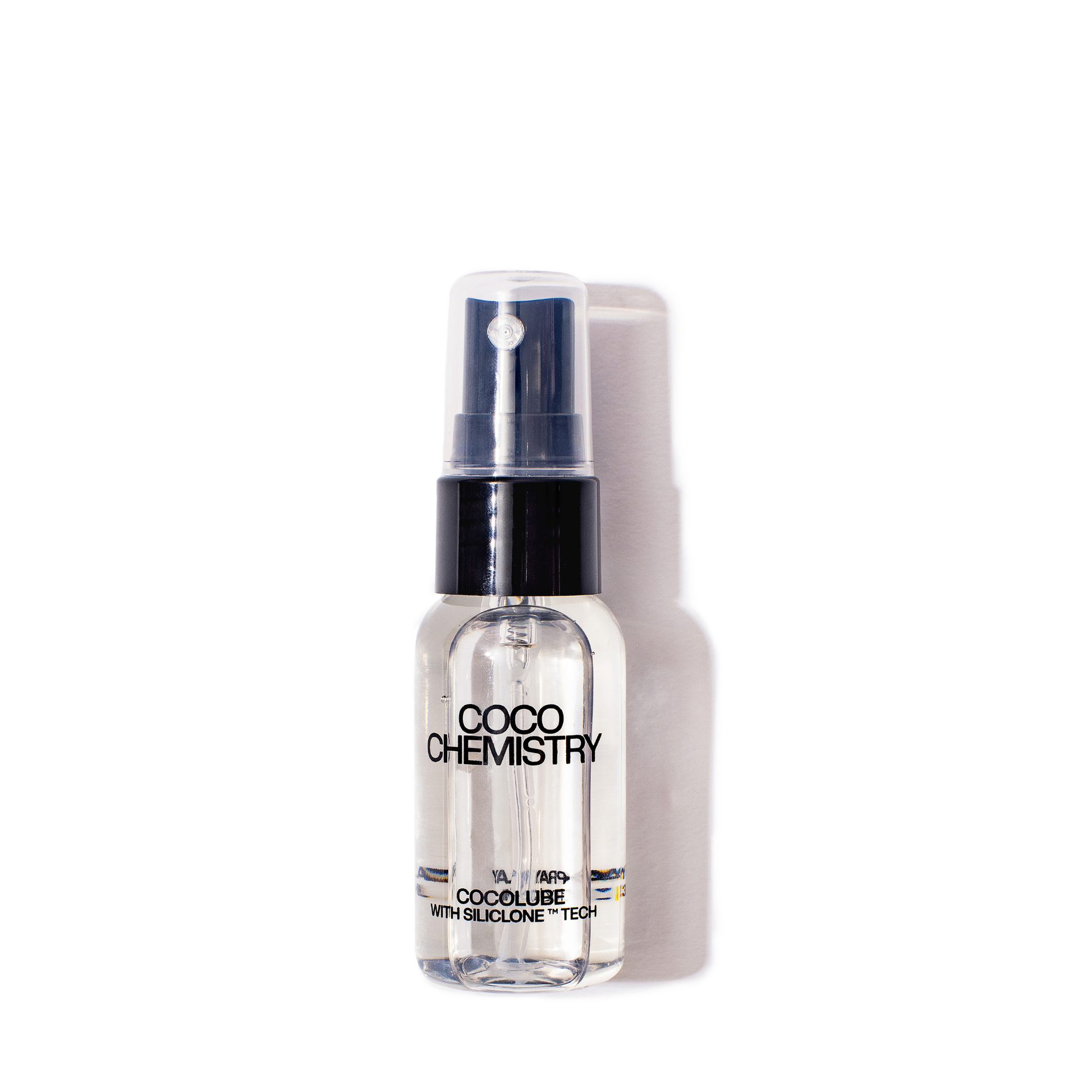
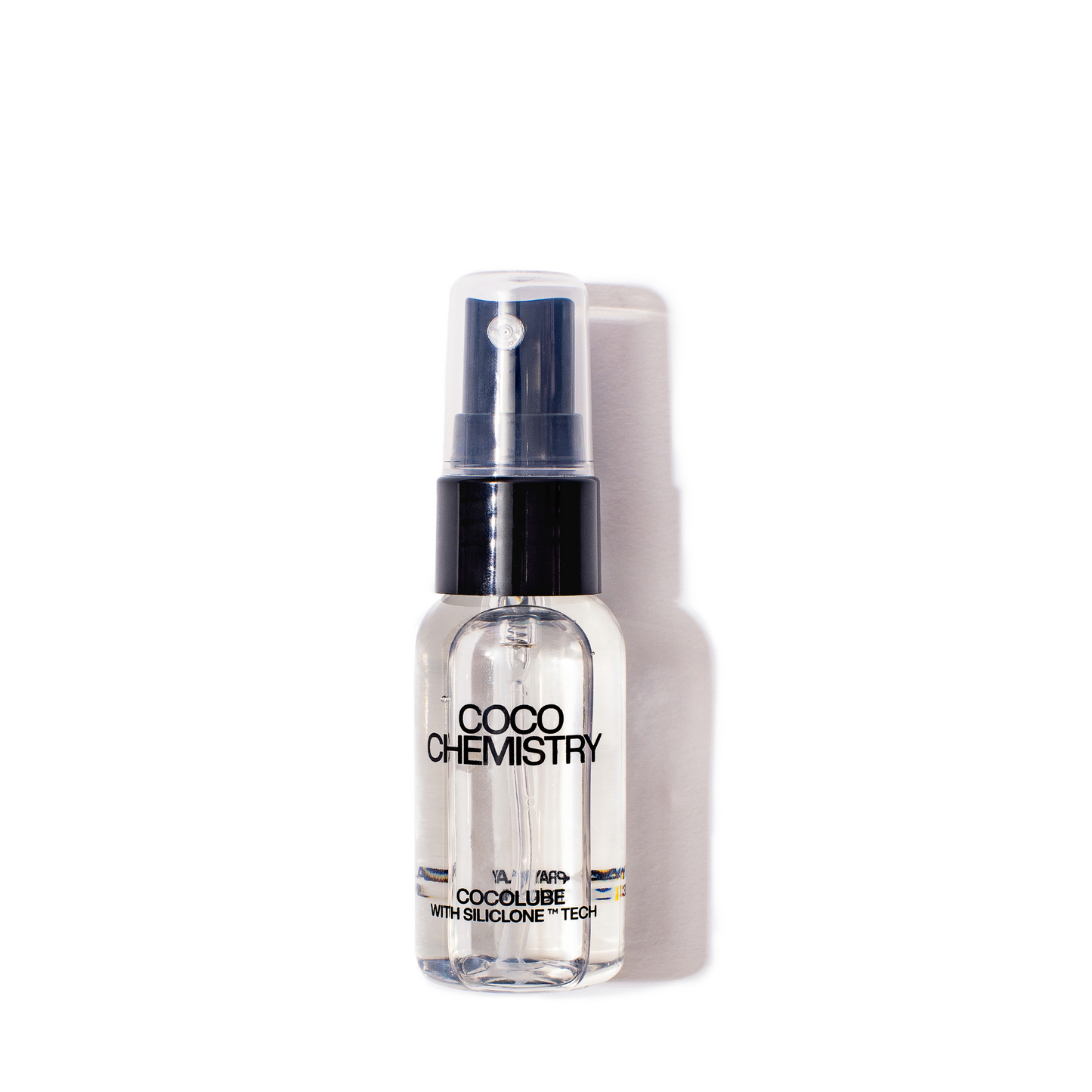
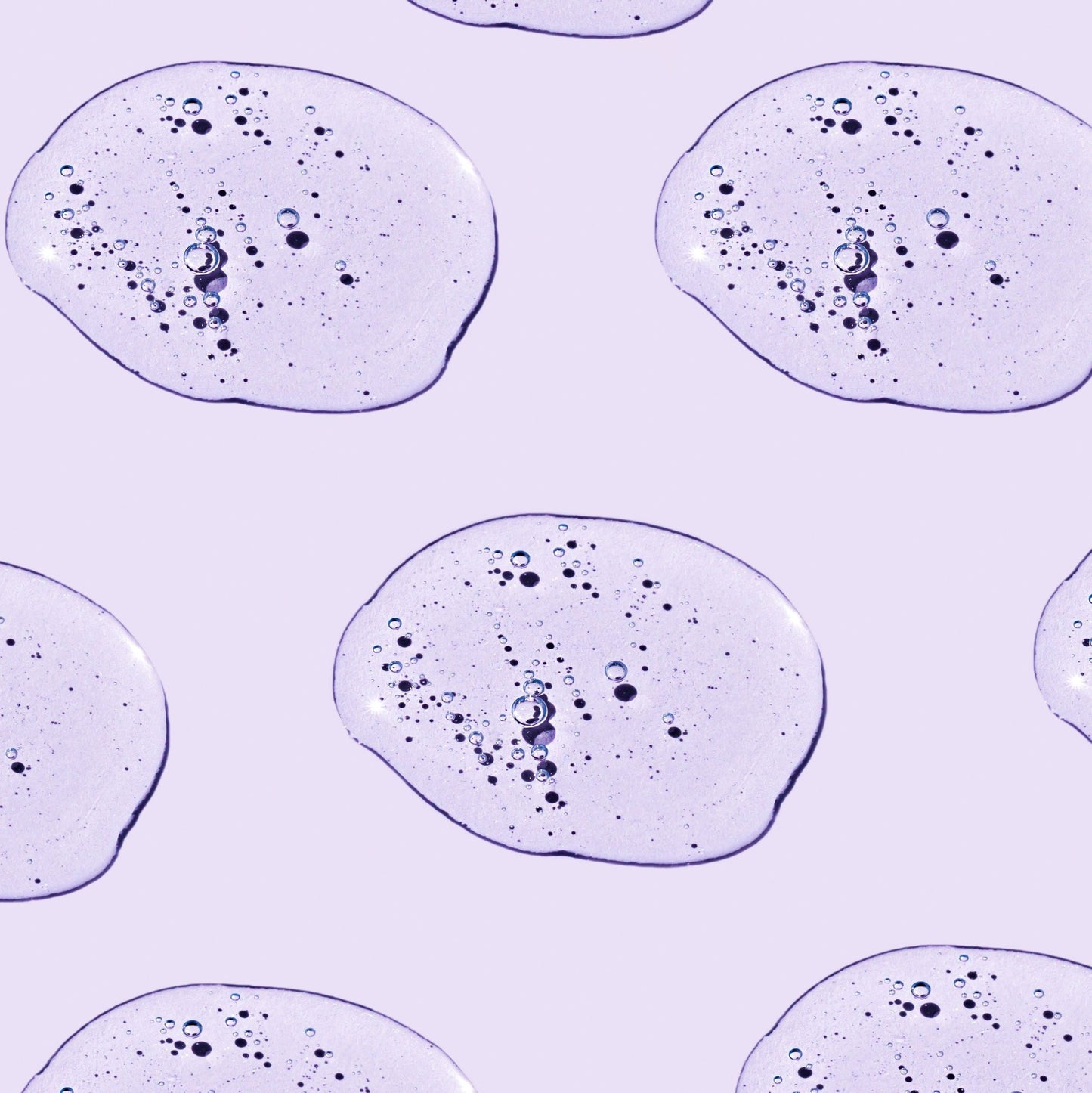
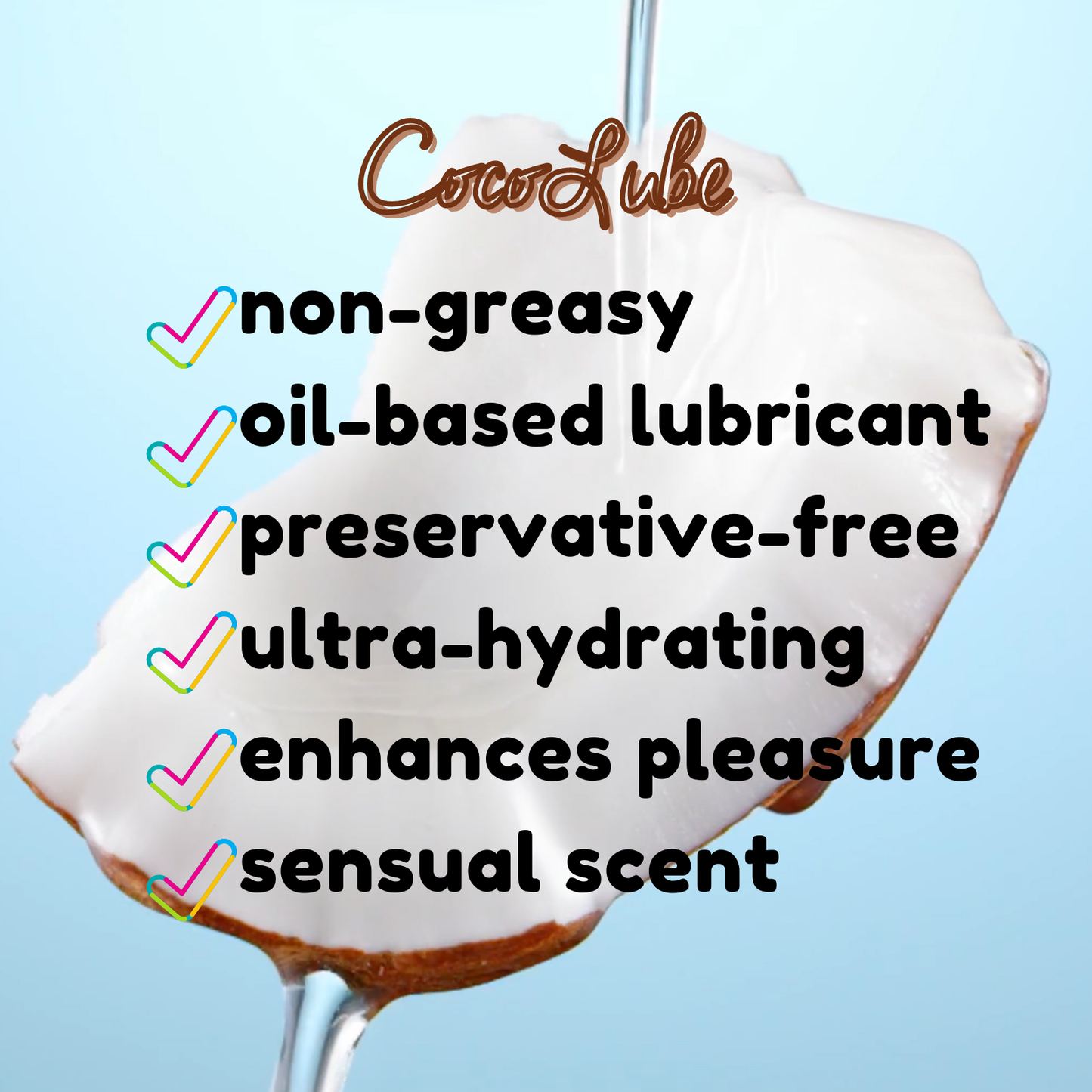
![CocoLube | Spray Play with SiliCLONE™ [ 1 FL OZ /30 ML]](http://www.coco-chemistry.com/cdn/shop/files/cocolube_hottub_final.png?v=1759190981&width=1445)
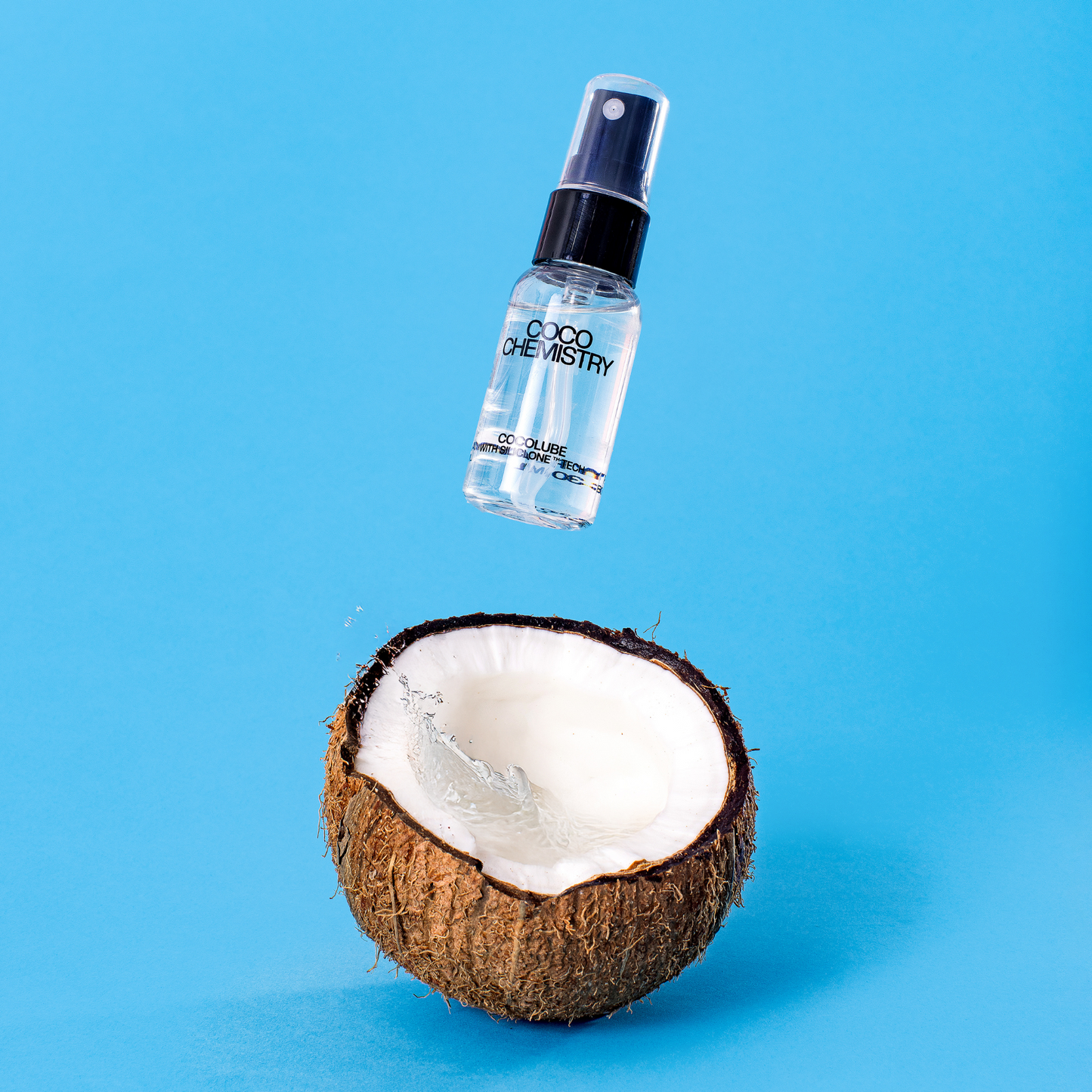
![CocoLube | Spray Play with SiliCLONE™ [ 1 FL OZ /30 ML]](http://www.coco-chemistry.com/cdn/shop/files/COCOLUBE_COUPLE.png?v=1759190981&width=1445)
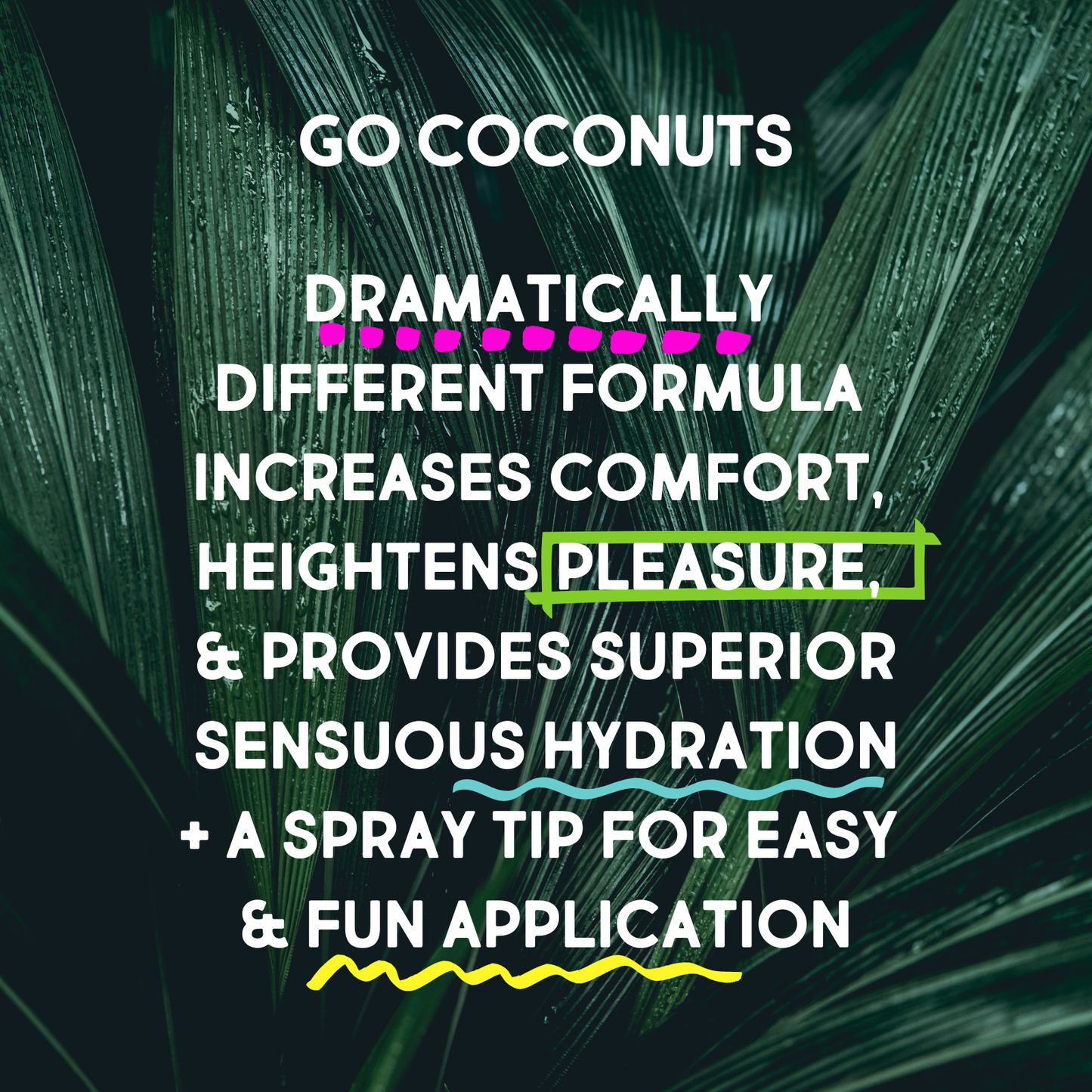

![CocoLube | Spray Play with SiliCLONE™ [ 1 FL OZ /30 ML]](http://www.coco-chemistry.com/cdn/shop/files/COCOLUBE_UNIQUE_FORMULA_MADE_FROM_COCONUTS.png?v=1759190981&width=1445)